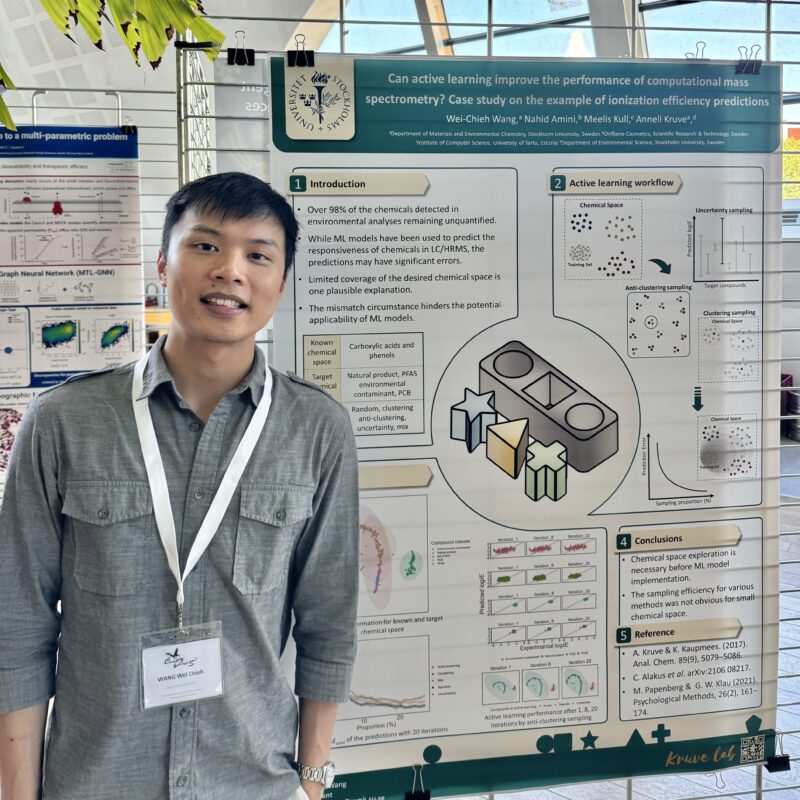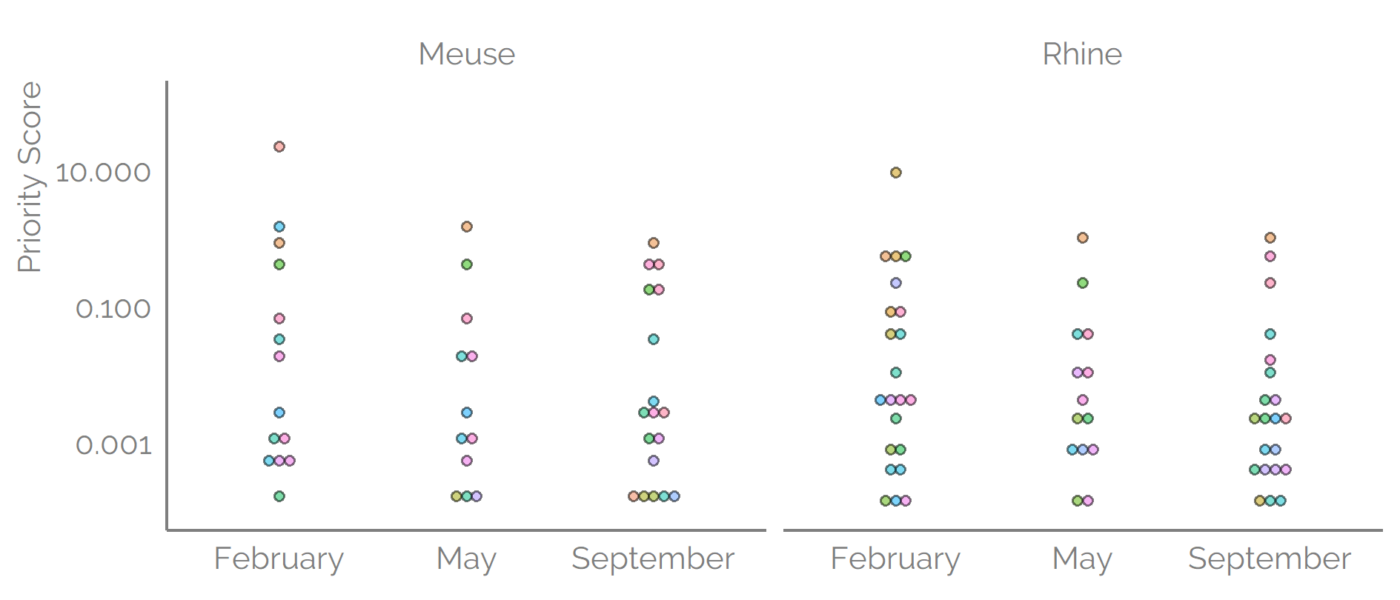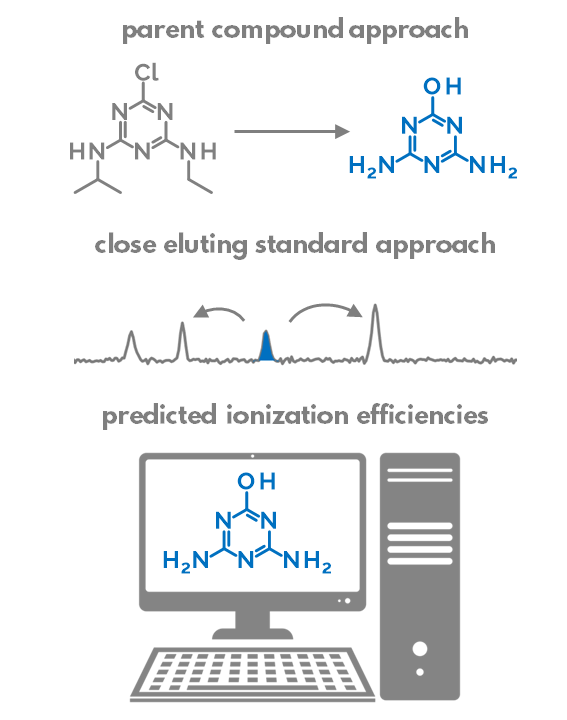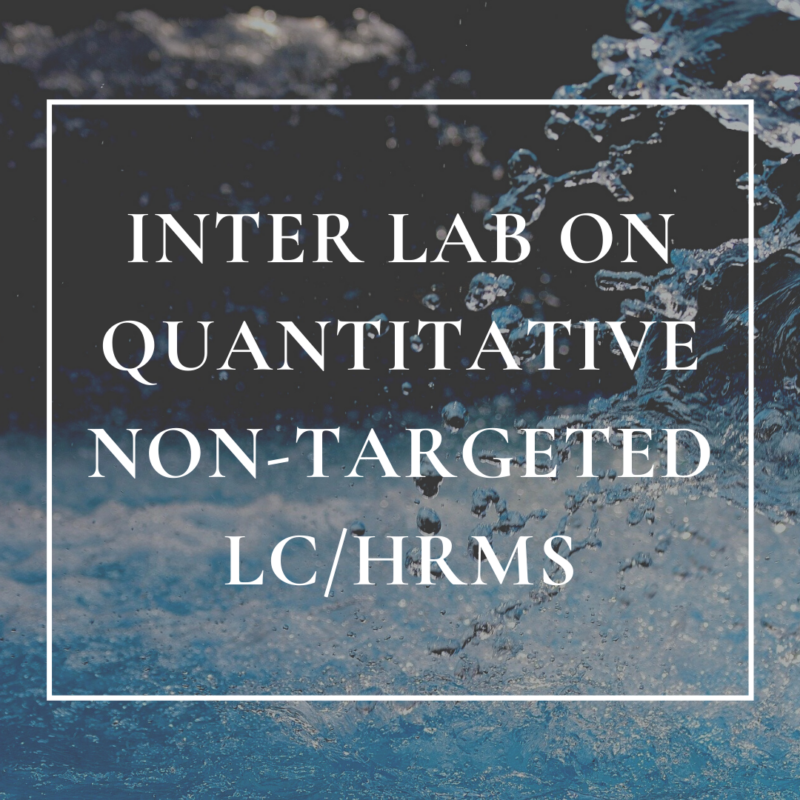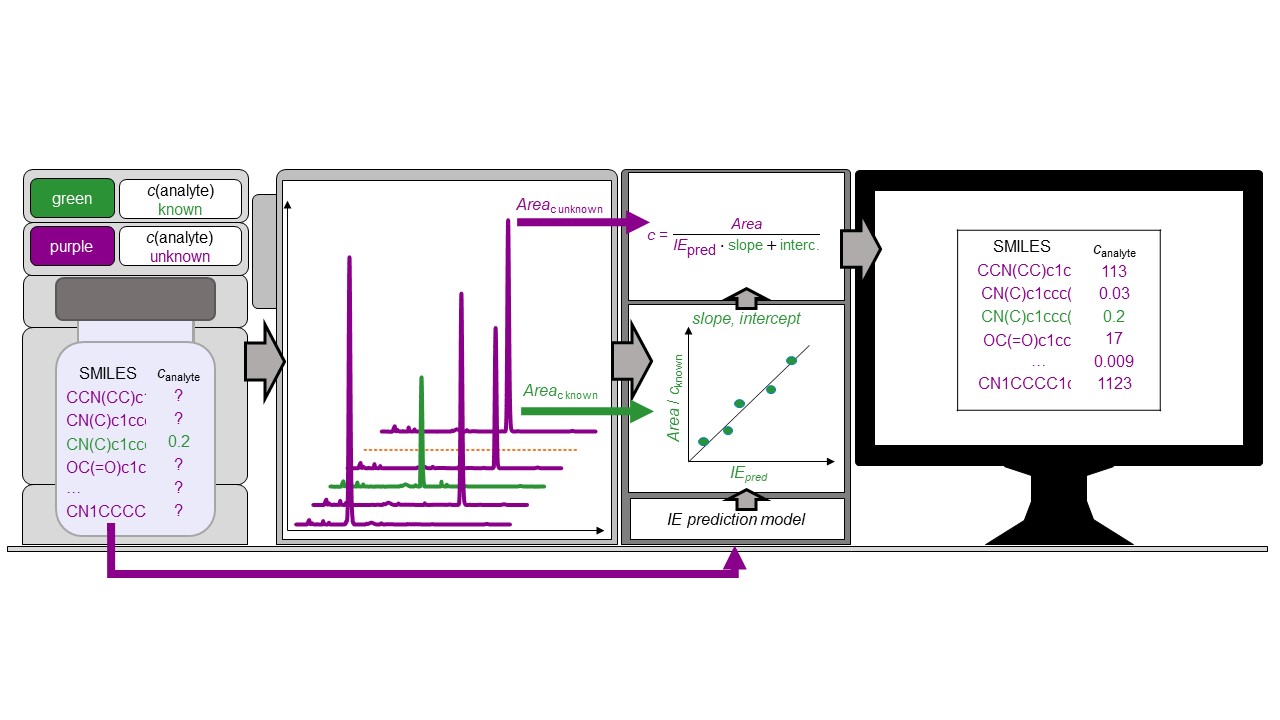From the 4th to the 7th of March, the Deutsche Gesellschaft für Massenspektrometrie held its annual meeting. This year, the conference took place in the picturesque old town of Göttingen, Germany. I was delighted to participate and present our recent work in a keynote talk titled “Detection and Identification of Toxic and High-Risk Chemicals with […]
Tag Archives: ionization efficiency
Last Wednesday, on the 11th of December, Louise and Wei-Chieh (Harry) had their PhD half-time seminar presentations. The aim of the half-time seminar is to give an overview of the already done work but also to discuss the research planned for the second part of their PhD studies. Louise’s presentation was titled “Quantification Approaches for […]
I was pleased to participate in the 9th Strasbourg Summer School in Chemoinformatics in Strasbourg, France, from June 24th to June 28th. It was an honor to be offered the opportunity to present my research, which currently focuses on evaluating the applicability of machine learning active learning workflow in environmental analytical chemistry. Facing vastly different […]
On my third try, I was finally able to participate in Pittcon last week. This year Pittcon took place in person in Philadelphia, US. I was lucky enough to present our recent works in two presentations, one on quantitative nontarget screening (NTS) and the other on toxicity prediction for unidentified chemicals. You can find my […]
After almost two years of zoom-only meetings, it was my great pleasure to last week get back to meeting fellow scientists in person at Intentional Conference on Non-Targeted Screening, Erding, Germany. The meeting was held in parallel in-person and online. The conference ran over four days with talks covering computational mass spectrometry, instrumental techniques for […]
How do you know which of the compounds detected in suspect or non-targeted screening is most likely to cause an adverse effect? Which is most toxic? Which is present in the highest concentration? Which is having a concentration close to a toxic endpoint? This is exactly what we are answering in our latest research in […]
The last two weeks have been going under the title “thesis-thesis-thesis” in our group. This spring one BSc student and two MSc students from our group have defended their thesis: Sara Khabazbashi, Helen Sepman, and Thomas Ledbetter. Both Sara and Thomas have dug into the analytical standard free quantification for pollutants. Sara specifically focussed on metabolites of […]
Non-targeted screening with liquid chromatography-electrospray high-resolution mass spectrometry (LC/ESI/HRMS) is revealing hundred to thousands of contaminants in the water. We have recently proposed a way to quantify these contaminants based on the estimated LC/ESI/HRMS ionization efficiencies. But how to know how well such tools are performing? Well, we need to compare with classical methods that are […]
The difficulty in quantifying compounds in LC/ESI/HRMS arises from vastly different responsiveness of the compounds. At the same concentration, two compounds may yield very different signals due to the differences in the ionization efficiency of the compounds. The different responsiveness has made semi-quantitative non-targeted screening challenging. Still, research has been increasingly focussing on enabling the semi-quantification […]
Recently we have published a paper on advancement in predicting ionization efficiency in ESI and using this for estimating the concentration of pesticides in cereal samples without the need for analytical standards. In this paper, we explored the possibility to use machine learning for fast and accurate prediction of ionization efficiency. Previously we have carefully […]
- 1
- 2




